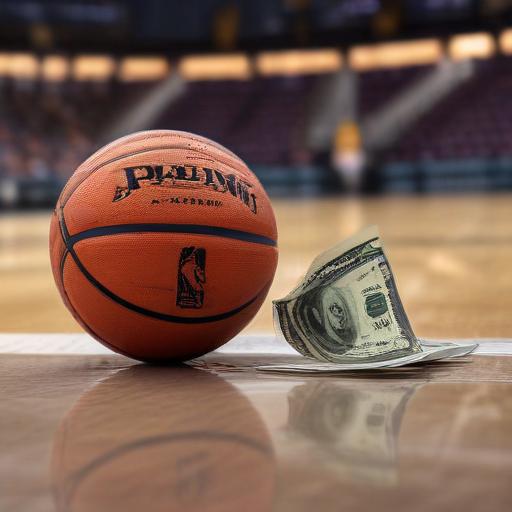The Los Angeles Lakers have set a new benchmark in professional sports franchise valuations, reaching a staggering $10 billion, which surpasses the previous record held by the Boston Celtics at $6 billion. This rapid escalation in team valuations underscores a significant trend within the sports industry as values continue to rise sharply.
Experts like Marc Ganis, a consultant for various major sports leagues, indicate that this record may soon be challenged, particularly with the New York Giants looking to sell a 10% stake, which could elevate their overall valuation beyond $10 billion. This development reflects a broader trend where sports franchises are being viewed as prime investments, akin to luxury real estate.
Dr. Victor Matheson from the College of the Holy Cross notes a decade-long trend where no professional team has sold for less than its purchase price, highlighting the increasing worth of franchises. For instance, a 10% share in the Milwaukee Bucks was sold recently for $4 billion, a significant increase from the team’s original sale price of $550 million.
The rise in valuation can be attributed to several factors. The demand for live sports programming remains high amidst an ever-evolving media landscape dominated by streaming services, which are actively seeking to broadcast live games. As Lori Bistis from PricewaterhouseCoopers points out, sports content is integral to the media industry and this demand drives franchise values upward.
Additionally, the entry of wealthy investors eager to secure minority stakes in teams amplifies competition, leading to soaring valuations. Individuals are willing to pay a premium for ownership stakes not only for financial returns but for the prestige associated with owning a part of a beloved franchise.
Mark Walter, CEO of Guggenheim Partners, is poised to acquire a controlling stake in the Lakers, which will raise the franchise’s valuation without him needing to pay the full $10 billion upfront. His involvement in both the Lakers and the Los Angeles Dodgers illustrates the growing trend of corporate ownership in sports teams.
However, the financial commitment of ownership does not guarantee on-field success. Historical data shows that while higher payrolls can correlate with regular-season performance, they do not always translate to championships. Many baseball teams with lower payrolls have reached the World Series, suggesting that robust management and strategic decisions are critical to achieving success.
As team valuations soar, fans may find their hopes pinned not just on a team’s wealth but on its capacity to win, emphasizing the complex relationship between ownership investment and athletic success. While financial influx into sports teams suggests a vibrant future for the industry, it remains essential for franchises to balance investment with effective management strategies to translate financial resources into winning results.
Overall, the desire for ownership in high-profile teams reflects a shift in how sports franchises are perceived—not merely as teams to root for but as valuable economic assets. The coming years should reveal whether the skyrocketing valuations yield tangible benefits for teams and their fans alike.
